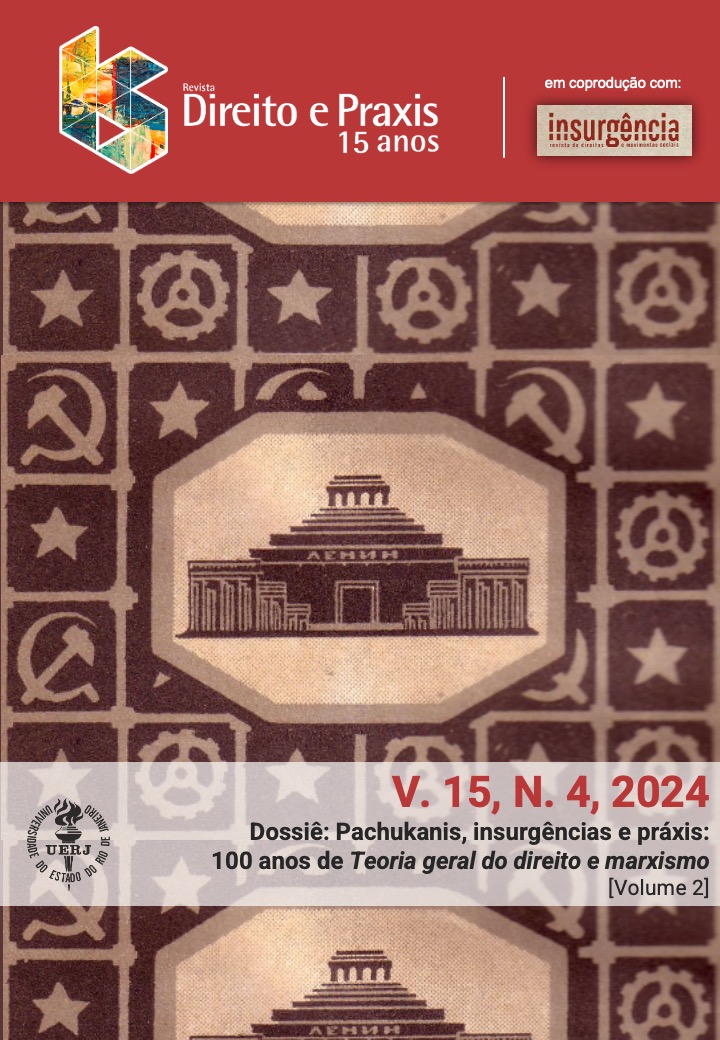Institutional Racism and the Legal Field
Limits, Expectations and Potentialities of Knowledge Production about Race in Brazilian Universities
Keywords:
Curriculum, Racism, Law, Race, UniversityAbstract
https://doi.org/10.1590/2179-8966/2024/75948i
This article is derived from a larger research project that problematized the implications of the different approaches to anti-racism adopted by state institutions, grassroots social movements, and universities, considering the analysis of knowledge production processes about race, racism, and anti-racism. For this study we analyzed speeches from seven interviewees, - three law students (black), - two women and one man and four law professors (one black and three white) from two universities located in the city of Rio de Janeiro, Brazil in 2018. Among the topics covered are academic, curricular, and epistemological cultures in relation to academic training in Law, considering studies of ethnic-racial relations (race, racism, and anti-racism), legal education and Human Rights. In this approach we work with the theoretical perspectives of Achille Mbembe, Ana
Flauzina, Pierre Bourdieu, Charles Hamilton, Frantz Fanon, Stokely Carmichael and Thula Pires. The method includes semi-structured interviews, anchored by Teun van Dijk's critical discourse analysis. This approach reveals that the expectations and limitations for studying and aiming for certain positions do not only depend on the course the student attended but are determined by institutional racism and various issues related to racial, economic, cultural, and social capital.
Keywords: Curriculum; Racism; Law; Race; University.
Downloads
Downloads
Published
How to Cite
Issue
Section
License
Copyright (c) 2024 Direito e Práxis

This work is licensed under a Creative Commons Attribution 4.0 International License.
The authors the sole responsibility for their texts.
It is allowed the total or partial reproduction of the articles of the Journal Law and Praxis, if the author is mentioned.
This work is licensed under a Creative Commons Attribution-Noncommercial-Share Alike 4.0 Unported License.
This license allows you to copy and redistribute the material in any medium or format for any purpose, even commercial, provided the original authorship is cited.
This work is licensed under a Creative Commons Attribution 4.0 International License.



